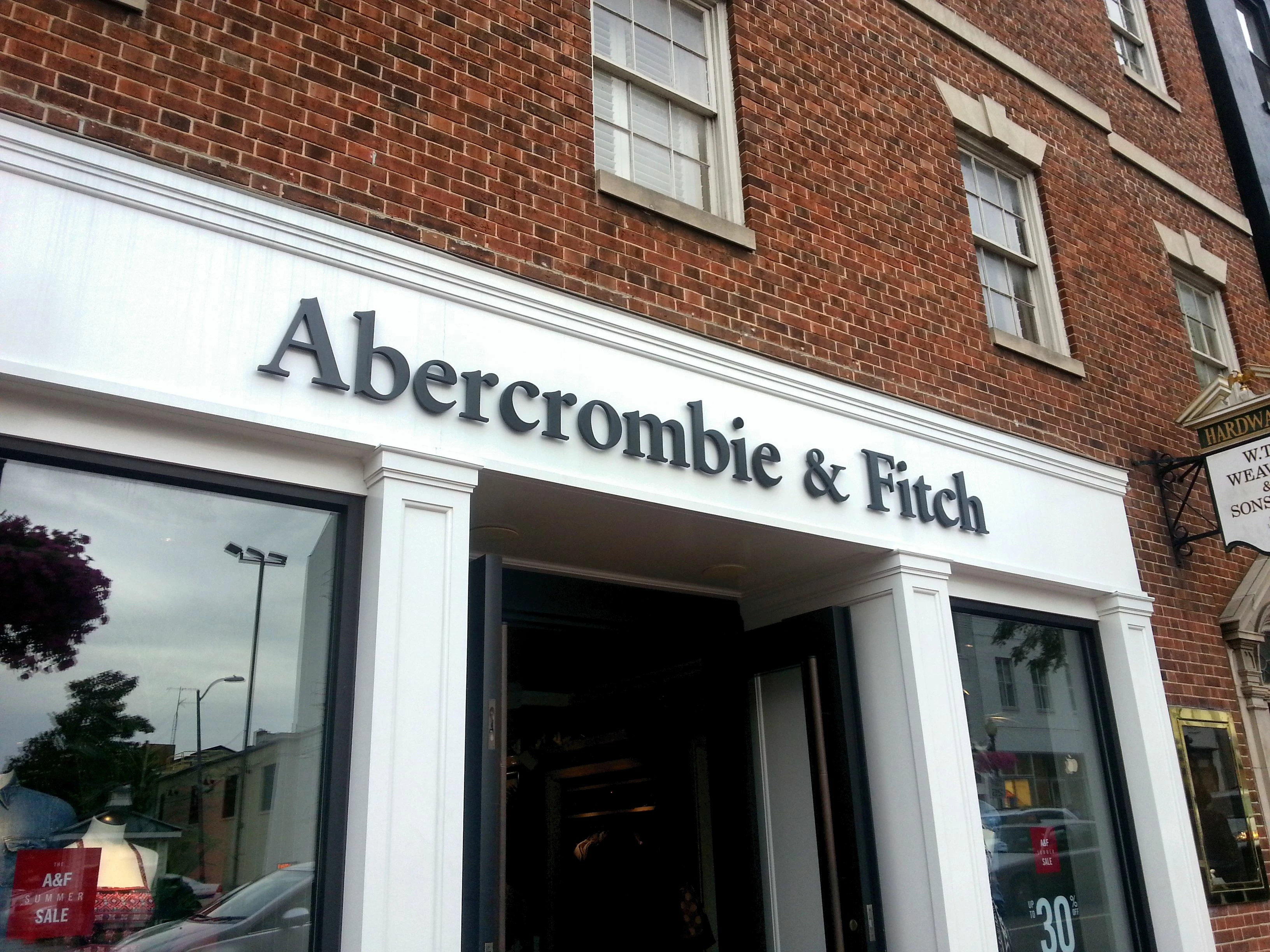
Partner Article
Online-only retailers are now the number one fashion purchasing channel
With physical stores still hampered by social distancing measures and lockdown closures, new research reveals that the digital-only stalwarts continue to reap the rewards of having a well-established digital infrastructure. Online-only retailers such as ASOS and Boohoo have become the number-one purchasing channel for fashion shoppers in the UK ahead of high-street retailers’ online sites, department stores, brand stores and Amazon.
Wunderman Thompson Commerce, commercetools and Attraqt’s ‘Fighting for the Future of Fashion’ report – which surveyed 2,000 UK consumers who regularly shop for fashion items – found that a staggering two-thirds (69%) of fashion spending now takes place online. As non-essential shops reopen their doors in April, it’s clear that an online offering will still be vital to converting long-awaited footfall into much-needed sales.
Perhaps unsurprisingly, six-in-ten (63%) fashion shoppers are more likely to buy fashion online now than they were before the pandemic. Considering the British high street has undergone a wide-reaching digital transformation to meet the newly evolved consumer demand, fashion retailers can rest easy that even more fashion shopping will transition online in the coming months.
However, there’s still life in fashion’s bricks-and-mortar, with a quarter (26%) of fashion shoppers wanting to touch and feel a product before making a purchase.
While it’s not yet the major player for purchasing fashion, Amazon’s role in the fashion market is also growing. It is the most visited fashion site amongst UK consumers – with six-in-ten (60%) fashionistas visiting Amazon to shop for clothes and accessories.
And a quarter (27%) of fashion shoppers agree that Amazon would need to improve its overall look and feel for them to shop on the site more regularly.
What’s more, consumers expect fashion ranges to change on average 17 times a year – this could present challenges to fashion brands and retailers that aren’t agile, don’t adapt quickly, and haven’t invested in the right technological and systems architecture.
Hugh Fletcher, Global Head of Consultancy and Innovation at Wunderman Thompson Commerce, said: “The world of fashion has likely been changed irreparably by COVID-19. Commercial premises have, at least for the time being, become a financial strain, and some fashion retailers have been forced to digitally transform their operations overnight in order to cash in on the migration to digital channels.
“Now is the time for fashion stores to invest in their omnichannel offering. Exclusive deals, alongside a continued refresh of product ranges and delivery incentives, are likely to differentiate the strong fashion retailers and brands from the weak. Those that can find a successful balanced strategy will see the scales tip in their favour come the year end.”
Martin Lloyd, Marketing Manager UK & Northern Europe at commercetools, said: “Consumers are no longer content with the simple purchase transaction; they want to have an experience attached to it which today is driven by the digital technologies they are exposed to. They want to interact, belong, influence and be the personal version of the brands from which they buy. This means fashion brands have no option but to become digitally savvy brands and embrace digital transformation.”
David Newberry, Chief Marketing Officer at Attraqt, said: “Brand websites and apps are still the dominant place where shoppers search for new products. When you combine this with the fact that, on average, fashion shoppers will have visited a site 3.33 times before making their purchase, it is clear that online retailers must deliver exceptional product discovery experiences if they are to win the hearts and minds of their shoppers.”
And the most significant period of fashion spending is yet to come for retailers. In fact, half (47%) of fashion shoppers buy items for their summer holidays – making it the number one yearly event for fashion spend. Not only that, but nearly six-in-ten (57%) fashion shoppers buy products on Black Friday, giving fashion retailers time yet to get their online house in order.
But, after a year of financial turmoil, as lockdown measures relax, it’s important to remember that consumers are deal hungry and price sensitive. Two-fifths (40%) of fashion shoppers agree that exclusive deals would encourage them to purchase items more quickly, while a third (32%) said that retailers should offer better discounts and promotions.
This was posted in Bdaily's Members' News section by Wunderman Thompson Commerce .
Enjoy the read? Get Bdaily delivered.
Sign up to receive our popular morning London email for free.








 Raising the bar to boost North East growth
Raising the bar to boost North East growth
 Navigating the messy middle of business growth
Navigating the messy middle of business growth
 We must make it easier to hire young people
We must make it easier to hire young people
 Why community-based care is key to NHS' future
Why community-based care is key to NHS' future
 Culture, confidence and creativity in the North East
Culture, confidence and creativity in the North East
 Putting in the groundwork to boost skills
Putting in the groundwork to boost skills
 £100,000 milestone drives forward STEM work
£100,000 milestone drives forward STEM work
 Restoring confidence for the economic road ahead
Restoring confidence for the economic road ahead
 Ready to scale? Buy-and-build offers opportunity
Ready to scale? Buy-and-build offers opportunity
 When will our regional economy grow?
When will our regional economy grow?
 Creating a thriving North East construction sector
Creating a thriving North East construction sector
 Why investors are still backing the North East
Why investors are still backing the North East